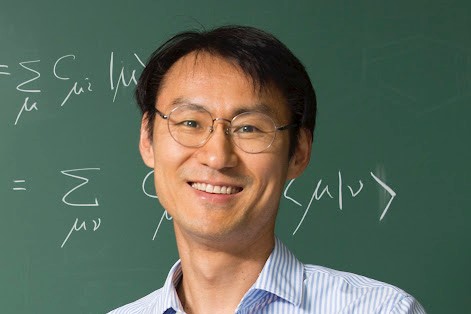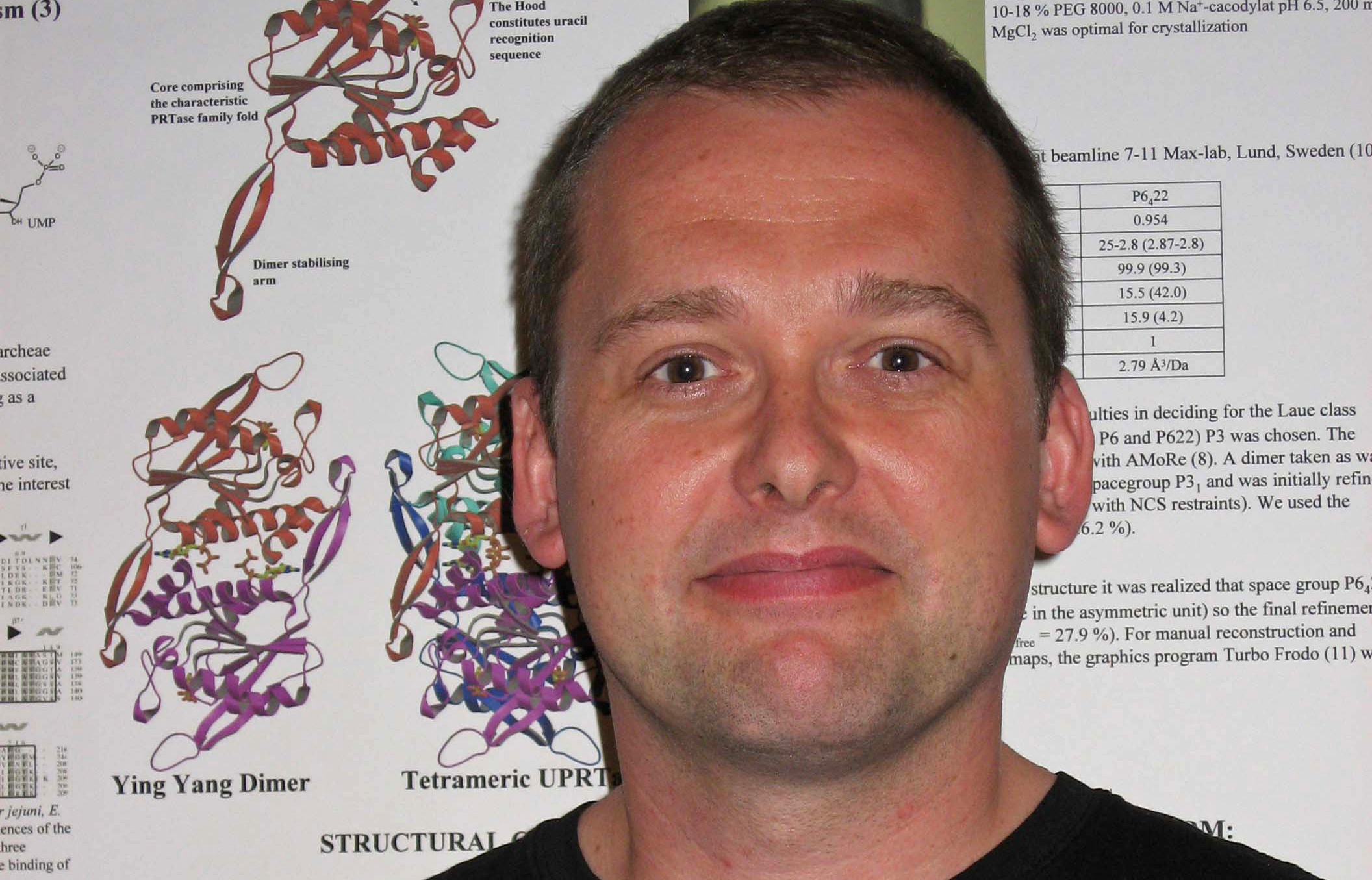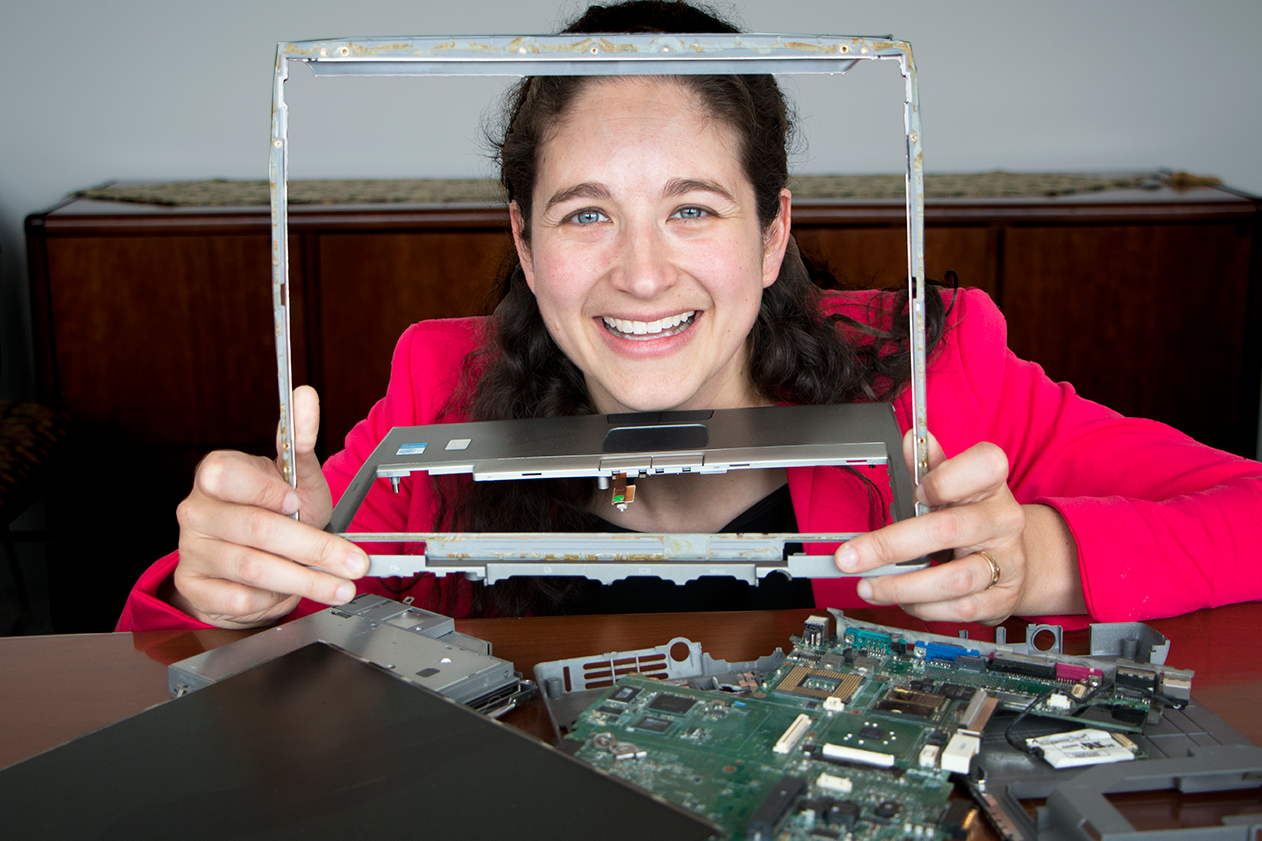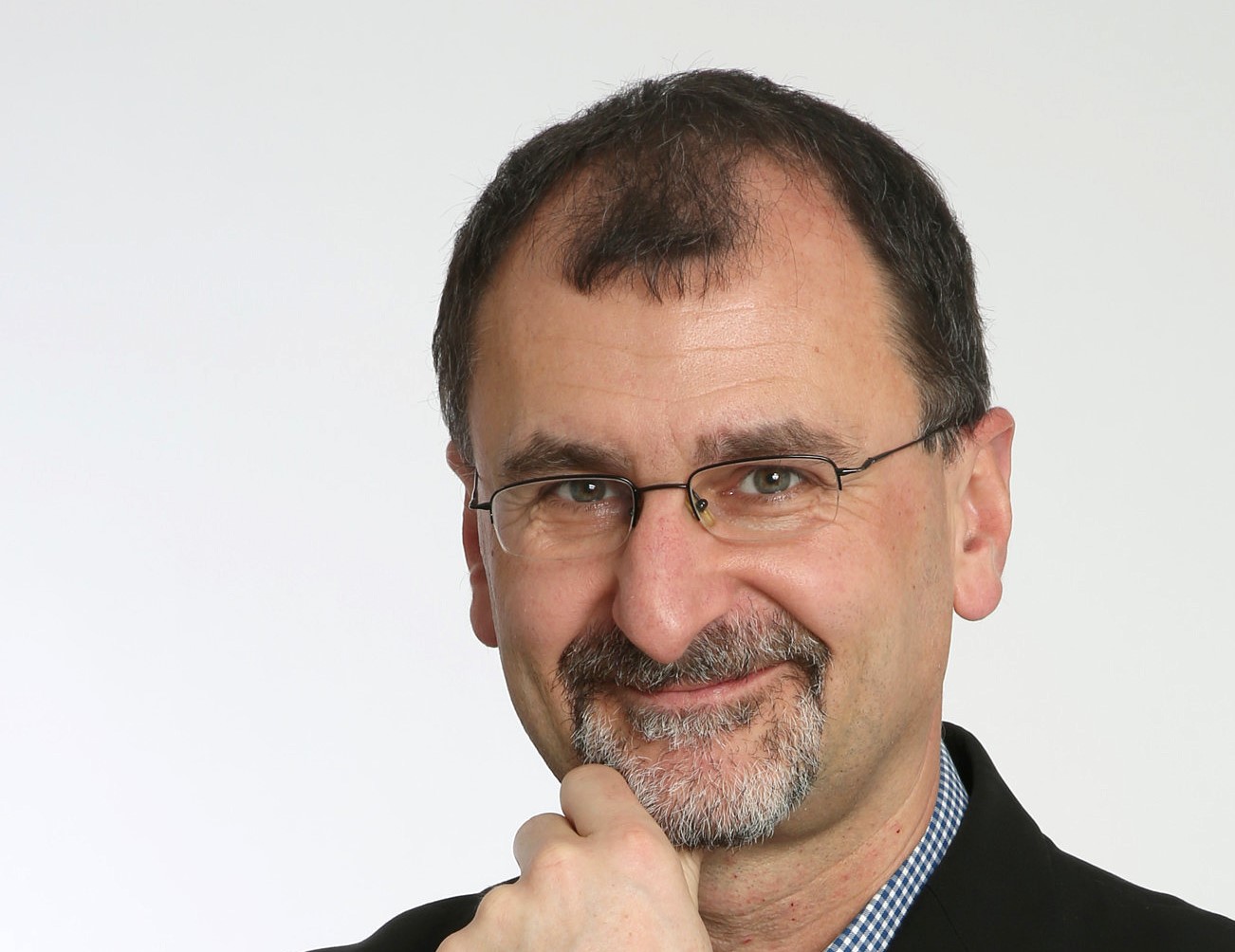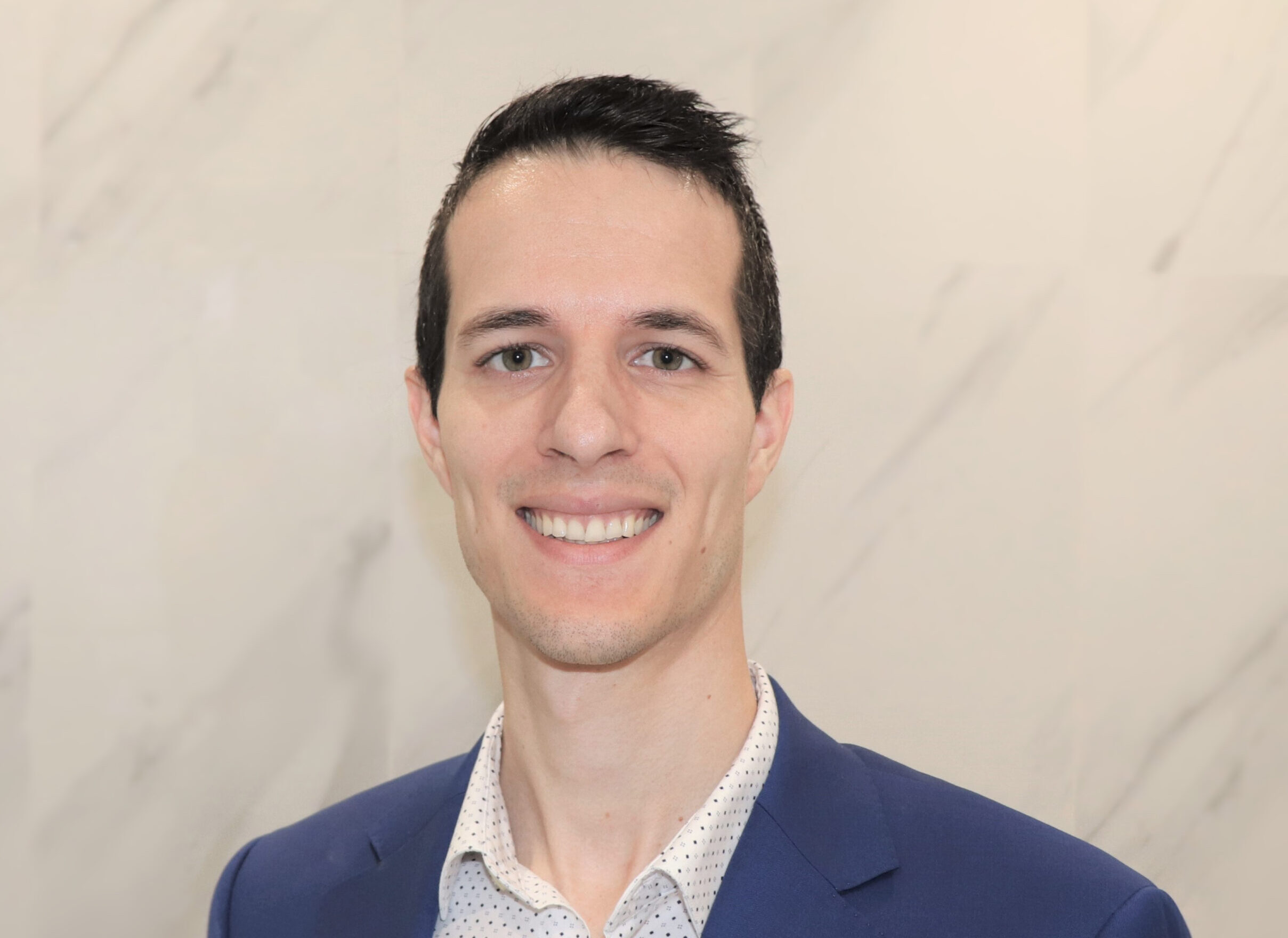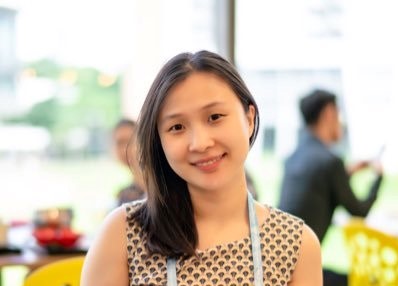A3MD welcomes Prof. Zheng-Hong Lu as a new academic co-Principal Investigator.
Dr. Zheng-Hong Lu is a full professor and a Tier I Canada Research Chair in Organic Optoelectronics at the University of Toronto. He received a PhD degree in engineering physics in 1990 from Ecole Polytechnique of the University of Montreal, Canada. Prior to his current appointment, he was employed by the National Research Council (NRC) as an assistant and then an associate research officer. While at NRC he developed a number of materials and processes for microelectronics and optoelectronics, in particular, light-emitting silicon superlattices, dielectrics for silicon transistors, and surface passivation for solid-state lasers. In 1998, he moved to the University of Toronto to create an Organic Optoelectronics Research Group. His group’s research includes OLED materials and device engineering for flat-panel display and solid-state lighting applications.



